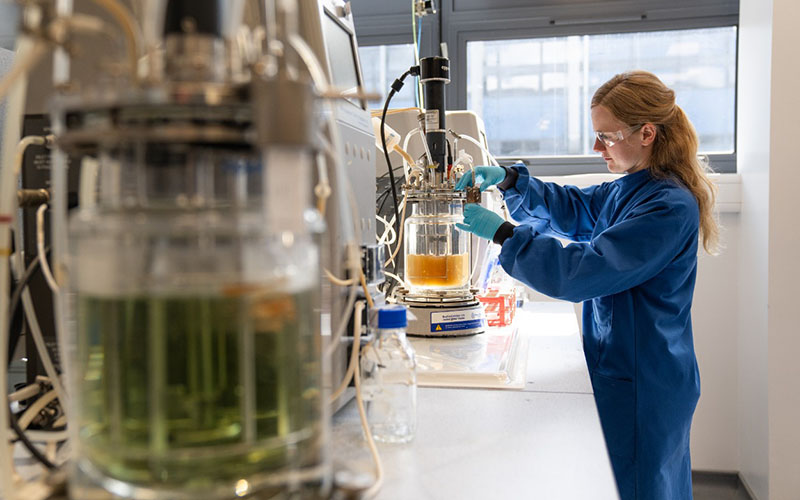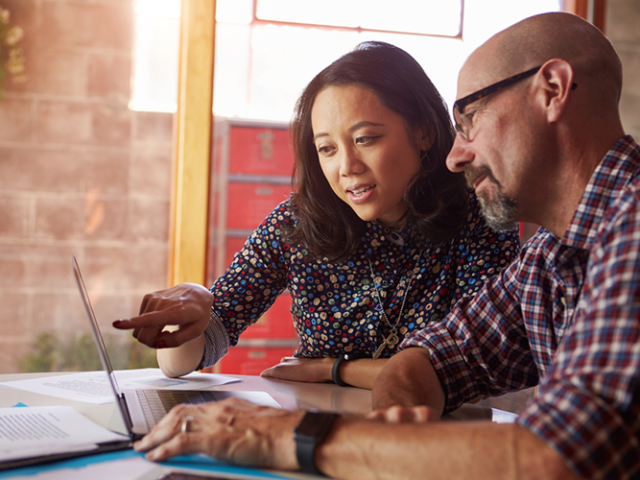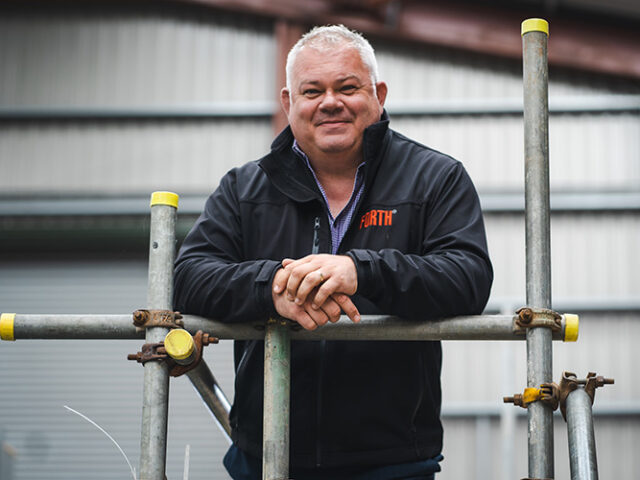The University of Nottingham is participating in a collaborative project aimed at creating a portable facility for converting waste into chemicals, which are then used to manufacture medical devices. This project has secured €1.5 million from an international competition.
The SPRIND Challenge ‘Circular Biomanufacturing’, a three-year contest organised by the Federal Agency for Disruptive Innovation in Germany, attracted over 50 global entries. Eight groups, including the University of Nottingham’s team, were chosen to progress to the first stage, focusing on developing new bioprocessing methods to support a circular economy.
The MATERI-8 project plans to employ bacteria to process waste into acrylic molecules. These molecules can be combined with other monomers to create polymers suitable for additive manufacturing, specifically for producing medical devices. The team intends to construct a specialised containerised system that allows local application of this technology, benefiting countries overwhelmed with waste but lacking adequate processing facilities.
Assistant Professor Sam Bryan from the University’s Department of Chemical and Environmental Engineering commented, “Securing funding as part of the SPRIND challenge is an incredibly exciting step for this project, as it’s giving us the opportunity to turn our research into reality and make a real difference to countries that are swamped with waste but don’t have the facilities to deal with it.
“This next 12 months are going to be vital as we focus on proving the process can work. From there we’d look to progress to the next stage of the competition where we’d receive more funding to develop a continuous biomanufacturing system that will be able to make products via additive manufacturing printing techniques.”
“We’ve got a great team that’s committed to turning waste into something useful rather than leaving it to pollute the planet, so to have been recognised and selected for that is something we’re incredibly proud of,” added Assistant Professor Sam Bryan.
In this initial stage, the team will concentrate on enabling bacteria to process various material mixtures from different sources like textiles, contaminated paprika stems from greenhouse cultivation, and microplastics, to establish the most effective method for producing a foundational chemical.
The project group includes Professor Derek Irvine, Dr Anca Pordea, and Dr Luisa Ciano from the University of Nottingham, along with Dr Patricia Parlevliet from Green Pearl Innovation and Professor Wolfgang Streit from Universität Hamburg.
Dr Patricia Parlevliet, Innovation Consultant at Green Pearl Innovation, said, “My goal is to bring science that can accelerate the transition to a circular (bio)economy to market. I am thrilled that I can help Sam and the team translate their research into innovative products that help mitigate further pollution of our environment by turning mixed-material waste streams into single chemicals for personalised healthcare products.”
Professor Wolfgang Streit from the Faculty of Mathematics, Informatics and Natural Sciences at Universität Hamburg remarked, “This is a great success and important step towards developing a truly sustainable recycling process for plastics.”




